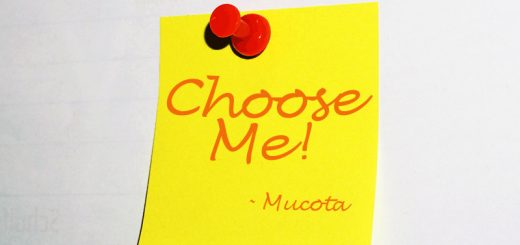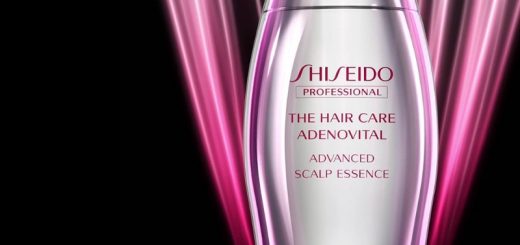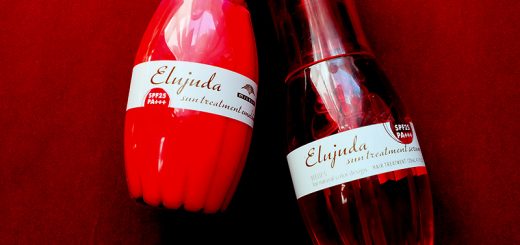5 Silicone-Free Shampoos You’ll Want to Try from Japan
Yeah! Silicone-free shampoos, right? We wants!
Of course, you would already know from last week that there is nothing detrimental to using silicone shampoos when used properly. But there is nothing wrong with wanting to use silicone-free shampoos.
Well, there probably is. If a shampoo calls itself silicone-free, we still need to be sure that there are no other harmful substances used in placement of silicone. That is why we want to look to trusted brands and use good quality shampoos. Therefore, today we are going to introduce to you a few Japanese silicone-free shampoos which you can consider using!
Obligatory argument for using silicone-free shampoos

Do you remember why the demand for silicone-free products are growing?
In case you are not aware, silicone-free shampoos have been trending in the recent years because of demand. We went into greater detail in last week’s article, but the basic idea is that silicone leaves a coat in your hair. While there are some benefits to the having silicone in some shampoos, the main concern is that it leaves a buildup that can be difficult to wash off. Another concern is an environmental one, where there is worry of silicone bioaccumulation.
Of course, we also shared there are right ways to use silicone shampoos. They are beneficial if we know what we are using them for, for example in hair damage repair. Nevertheless, silicone-free shampoos can play a role among in our haircare regimen.
Japanese manufacturers meeting the demand for silicone-free shampoos
There are many Japanese shampoos that contain silicone, which brands have been leveraging on for their benefits. Ever since the demand for silicone-free shampoos have been on the rise, some have been researching and formulating such shampoos for their loyal fans. And shall be introducing the following five shampoos from Japan!
KAO Merit PYUAN Shampoos
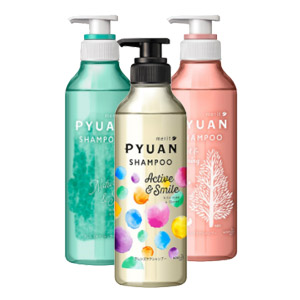
The first silicone-free shampoo we’d like to introduce is the KAO’s PYUAN shampoo, which has gathering itself a small set of following since last year. Although it’s of a non-silicone formula, it doesn’t leave the hair overly wet or squeaky after wash. Furthermore, this shampoo has the same slight acidity as the scalp.
By the way, there are three different types of scents and designs to choose from, but that is where the differences end. The three sets (shampoo and conditioner as a set) are “Active and Smile”, “Natural and Slow” and “Sweet and Charming”. Note, however, that their conditioner counterparts do contain silicone.
KumanoYushi Horse Oil Shampoo
![]()
This Kumanoyushi shampoo contains horse oil, a natural ingredient which is close to the human sebum. This is recommended if you are looking for a non-silicone shampoo that can keep your hair colourings or perms for a longer period of time. This means it is suitable for damaged hair too. In addition, this shampoo comes at a pretty good cost performance (you wouldn’t even need a full pump if you have short hair!).
Do note also that it contains petroleum-based surfactants that allows this shampoo to raise the strength of the hair wash.
ANGFA Scalp D
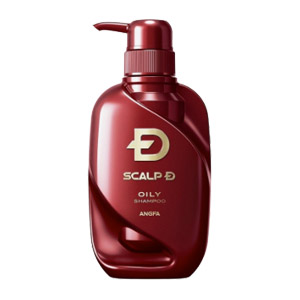
We introduced another Scalp D product in when we were exploring female hair loss, but the Scalp D series has a wide range of shampoos. These includes for volume, for oily scalps and for dry scalps. Of course, males and females can use this without worry, even though it seems to be marketed for men.
This shampoo is an amino acid-based shampoo, which means that the shampoo is mild, thus recommended for users with dry and/or sensitive skin. Salons often choose to use amino-acid based shampoos too, so this selection is something you can consider. The Scalp D can clean with its fine foam, while revitalising the scalp’s protective barrier.
ANGFA Scalp D released a new formulation in 2017 too (you can see from the picture of the Oily Scalp version above), which moved their shampoo focus from washing, to improvement in scalp health.
| Check ANGFA Scalp D here |
BENE Premium Rougeria Delicious Repair Shampoo
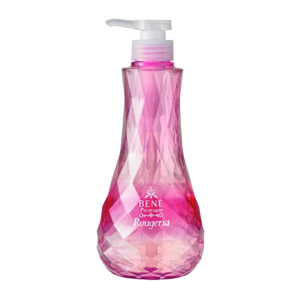
There are actually two related series’: Premium Bluria and Premium Rougeria. While the “Blue” Bluria focuses on hair cleansing, on the other hand the “Red” Rougeria focuses on damage control. We’d be introducing the BENE Premium Rougeria Delicious Repair Shampoo.
This shampoo uses enzymes from “red vegetables”, which includes apple and carrot extracts, to protect the hair from external damage. On top of that, it repairs hair damage with moisturising ingredients such as argan oil and jojoba oil. Both Bluria and Rougeria are non-silicone shampoos, but you’d want to consider using this if damaged hair is a major concern for you.
BOTANIST BOTANICAL Shampoos (Smooth And Moist Types)
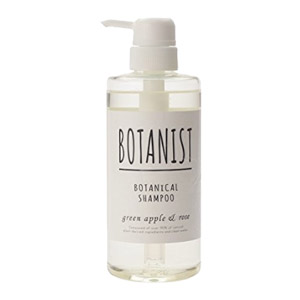
Last but not least, but probably require the least introduction in our list! We talk about the BOTANIST Botanical shampoo from time to time, because it has a number of benefits for the hair.
The BOTANIST Shampoo contains more than 90% natural ingredients, thus delivering natural nutrients to both hair and scalp. As such, the shampoo is gentle on the scalp and hair. Thus it does not damage the hair but provides low stimulation for more sensitive scalps. It is suitable for users who are concerned about hair damage and frizzy hair. Another reason for its popularity is the scent that is gentle and fragrant.
In conclusion
These are definitely not the only Japanese silicon-free shampoos in the market. However, we also need to remember no one shampoo can do everything, for example amino-acid based shampoos may not have enough washing strength, although it is a favourite item by salons.
We’ll drop more haircare knowledge in the article, so be sure to stay tuned by signing up for the newsletter. If you are wondering why silicone shampoos do not deserve the bad rap they get as “bad shampoos”, this article is going to open your eyes!



